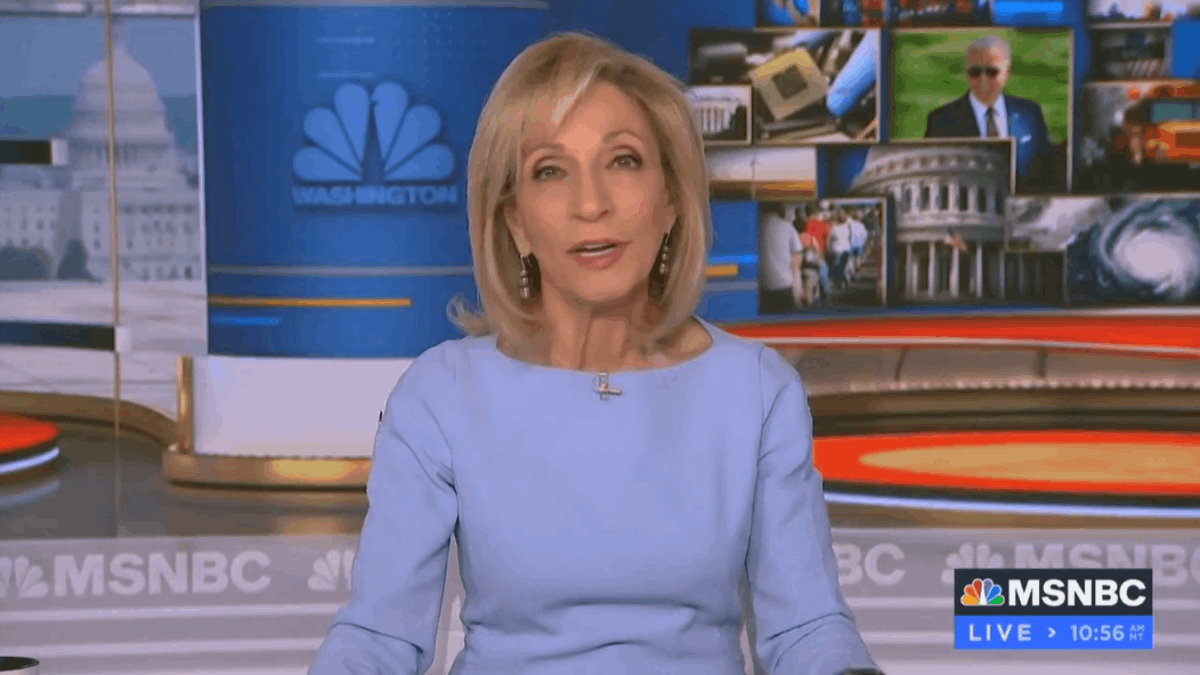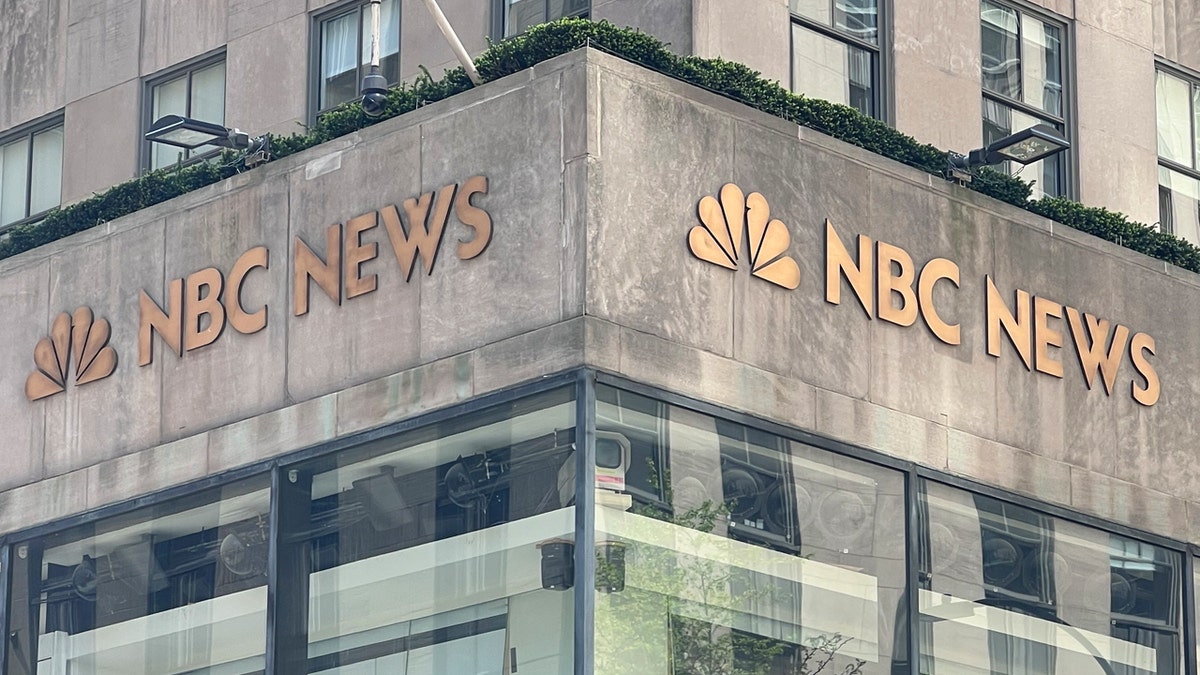In the cutthroat world of corporate media, mergers and acquisitions often grab the headlines, signaling the dawn of new empires. But far more compelling, and often far messier, is when these giants break apart. We are now witnessing one of the most significant media divorces in recent memory as the decades-long, deeply intertwined relationship between NBC and MSNBC comes to a definitive end. What was once a seamless partnership is now a story of separation, rebranding, and a tense custody battle over the talent that viewers have come to trust. Parent company Comcast is redrawing the map of its media landscape, and when the dust settles by the end of 2025, two of the most recognized names in news will be charting their own, separate courses.
The move stems from a major strategic shift by Comcast, which announced last year it would be spinning off its collection of cable networks into a distinct, publicly-traded company. This new entity, now officially named Versant, will become the home for a portfolio of well-known channels, including MSNBC, CNBC, USA Network, Oxygen, E!, and SYFY. Left behind under the legacy NBCUniversal banner will be the flagship broadcast network NBC News, its streaming counterpart NBC News Now, the Spanish-language powerhouse Telemundo, and the lifestyle-focused Bravo.

For years, the synergy between NBC and MSNBC was its greatest strength. MSNBC was born in 1996 as a 24-hour news outlet that could leverage the vast resources, respected correspondents, and global news-gathering infrastructure of NBC News. In turn, MSNBC provided a constant platform for NBC’s talent to delve deeper into stories, offer extended analysis, and cover breaking news around the clock. They were two sides of the same coin, sharing not just talent but also a home at the iconic 30 Rockefeller Plaza. Now, that union is being formally dissolved, forcing a complete division of assets, identity, and people.
Perhaps the most jarring change for longtime viewers will be the complete rebranding of MSNBC. The name itself, a portmanteau of “Microsoft” and “NBC” from its early days as an internet-pioneering venture, will be retired. In its place comes MS NOW, an acronym for “My Source for News, Opinion, and the World.” The name change signals a clear intention to forge a new, independent identity, moving away from its historical association with NBC.

Accompanying the new name is a new logo, which represents an even more dramatic departure from the past. For decades, MSNBC operated under the iconic NBC Peacock, a globally recognized symbol of quality and broadcasting history. That colorful bird is being replaced by a striped flag emblem rendered in a stark red, white, and blue color scheme. This visual overhaul could suggest a strategic pivot, perhaps an attempt to appeal to a broader, more centrist American audience or to underscore its focus on national news and politics. While its sibling business channel, CNBC (Consumer News and Business Channel), will retain its established name and branding, MS NOW is being pushed out of the nest to fly on its own, without the familiar Peacock feathers.
The separation is not just symbolic; it is a literal, physical displacement. In any divorce, the question of who gets the house is a painful one. In this corporate split, the answer is unequivocal: NBC keeps the house. The historic 30 Rockefeller Plaza in New York City, a landmark synonymous with American broadcasting and the home of NBC since the 1930s, will no longer house the operations of its former cable news partner. MS NOW is packing its boxes, preparing for a temporary relocation to 43rd Street while it searches for a permanent new headquarters.
The same eviction is happening in the nation’s capital. The NBC Washington, D.C., bureau, strategically located near the Capitol Building, has long been a shared space for correspondents from both networks. Now, MS NOW must establish its own separate D.C. office, creating a logistical and journalistic divide in the heart of American politics. This physical separation will force the new network to build its own infrastructure from the ground up, a monumental task that underscores the finality of the split.
Beyond the branding and the real estate lies the most critical and emotionally charged part of the divorce: the custody battle for the on-air talent. For years, hosts, correspondents, and analysts moved fluidly between NBC and MSNBC, appearing on the TODAY show in the morning, contributing to NBC Nightly News in the evening, and hosting their own hours on cable. That fluidity is now gone, and allegiances have been formally declared.
NBCUniversal has retained some of its most valuable and versatile assets. Steve Kornacki, the beloved data guru whose frenetic energy at the “Big Board” became must-see television during election nights, will remain exclusively with NBC. His unique ability to break down complex polling and electoral maps made him a star on MSNBC, but his role will now be centered on the broadcast network’s major event coverage. Similarly, veteran journalist Andrea Mitchell, a fixture of the political landscape, ended her long-running MSNBC show, “Andrea Mitchell Reports,” and will continue her prestigious career as NBC’s chief Washington and foreign affairs correspondent. José Díaz-Balart also departed his MSNBC show to focus on his roles anchoring “NBC Nightly News Saturday” and his duties at Noticias Telemundo.
On the other side of the aisle, the new MS NOW is assembling its own dedicated roster. To compensate for the loss of NBC’s news-gathering apparatus, the network has been on a hiring spree, most notably poaching Pulitzer Prize-winning journalist Carol Leonnig from The Washington Post. A significant number of NBC reporters will be making the official leap to MS NOW, including justice and intelligence correspondent Ken Dilanian, national correspondent Jacob Soboroff, White House reporter Vaughn Hillyard, and internet and technology reporter Brandy Zadrozny. They will be joined by a wave of producers and behind-the-scenes staff, tasked with building a new journalistic culture independent of their former parent company.

The entire existing primetime and daytime lineup of MSNBC, from “Morning Joe” to “The 11th Hour,” will transition to MS NOW. This ensures a degree of continuity for the network’s loyal viewers. Hosts like Stephanie Ruhle, who once pulled double duty as a senior business analyst for NBC News, will now be exclusively committed to the new cable entity.
In a rare and telling arrangement, one host has managed to secure a unique joint-custody deal. Willie Geist, the popular co-host of MSNBC’s “Morning Joe” and host of NBC’s “Sunday TODAY,” has negotiated a special agreement that allows him to maintain both of his high-profile roles even after the companies have formally separated. This arrangement is a nod to his value across both platforms and serves as a final, lingering thread connecting the two diverging networks.
As the 2025 deadline for the split approaches, the media world watches with anticipation. For NBC News, the challenge will be to maintain its dominance as a broadcast leader without the 24/7 reinforcement of its cable sibling. For MS NOW, the challenge is far greater: it must build a new brand from the ground up, establish its own news-gathering operations, and prove that it can thrive outside the shadow of the Peacock. This divorce is more than a corporate restructuring; it’s the end of an era and the beginning of a new, uncertain chapter in the story of American news.